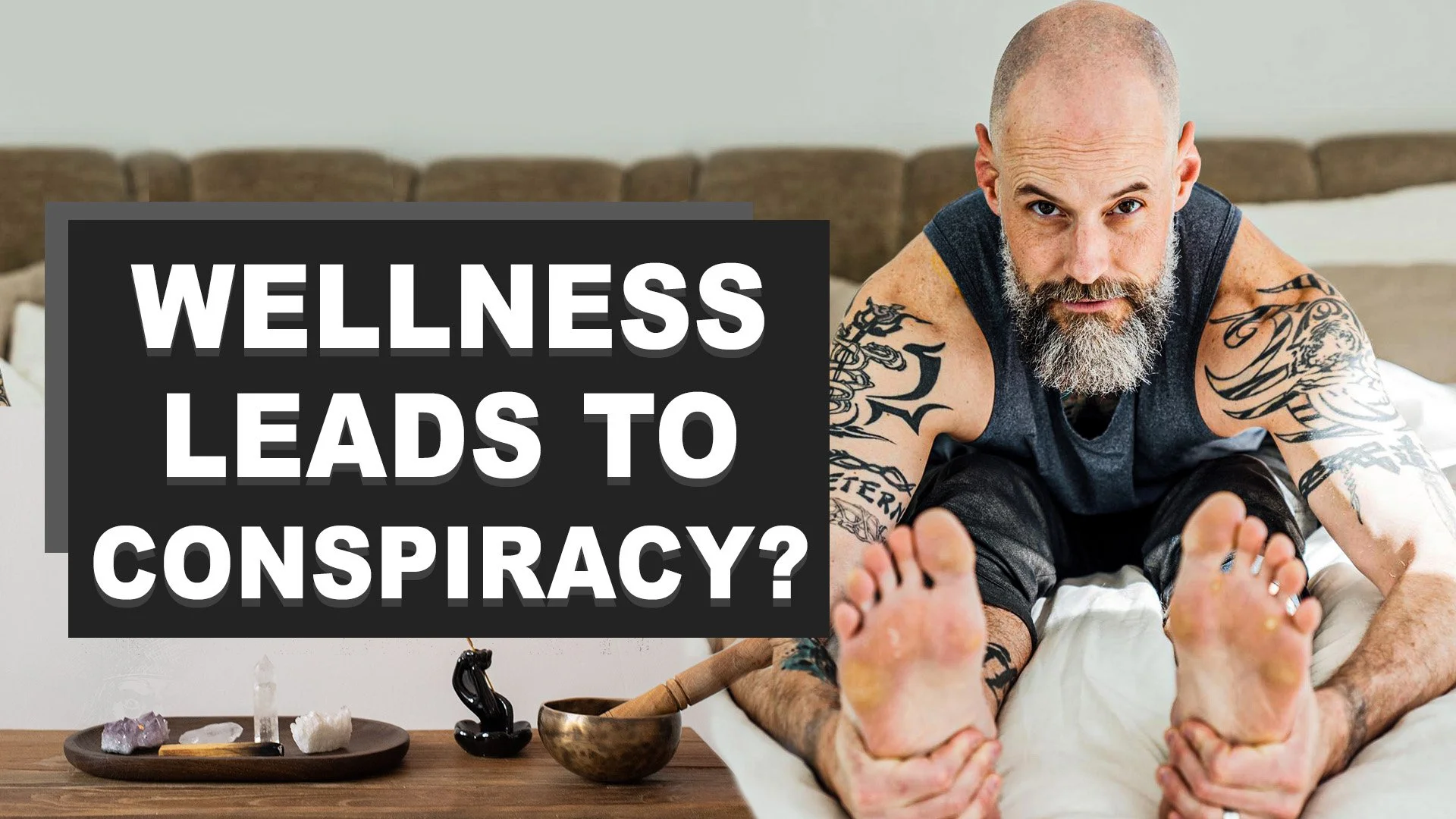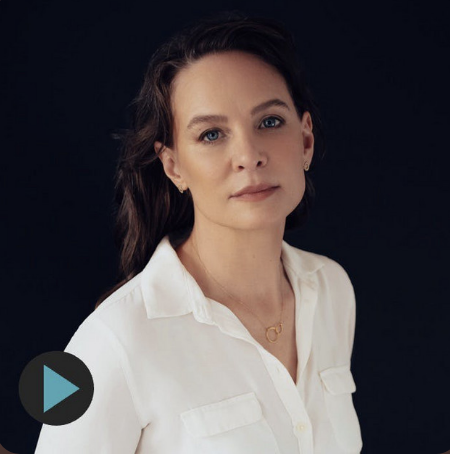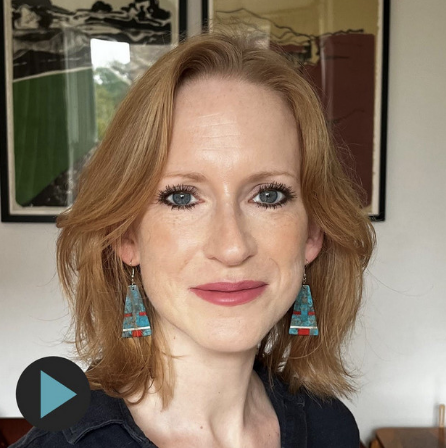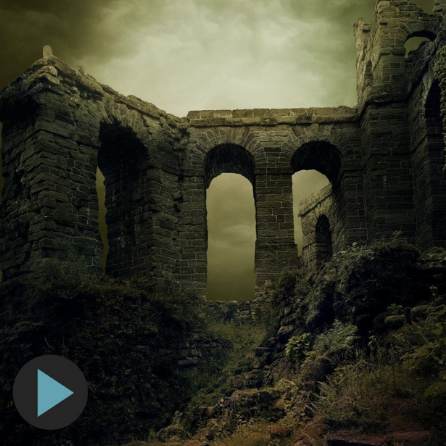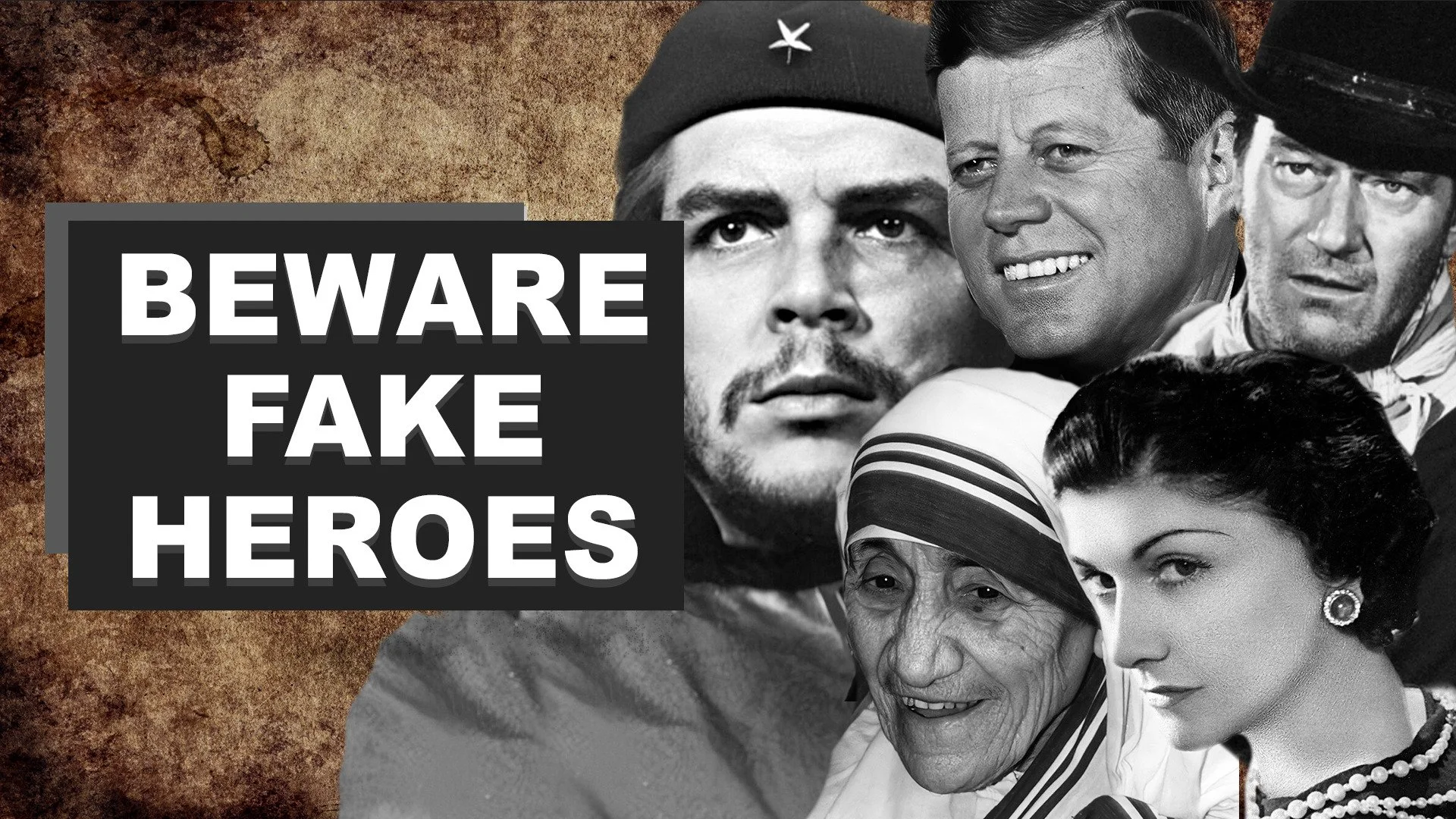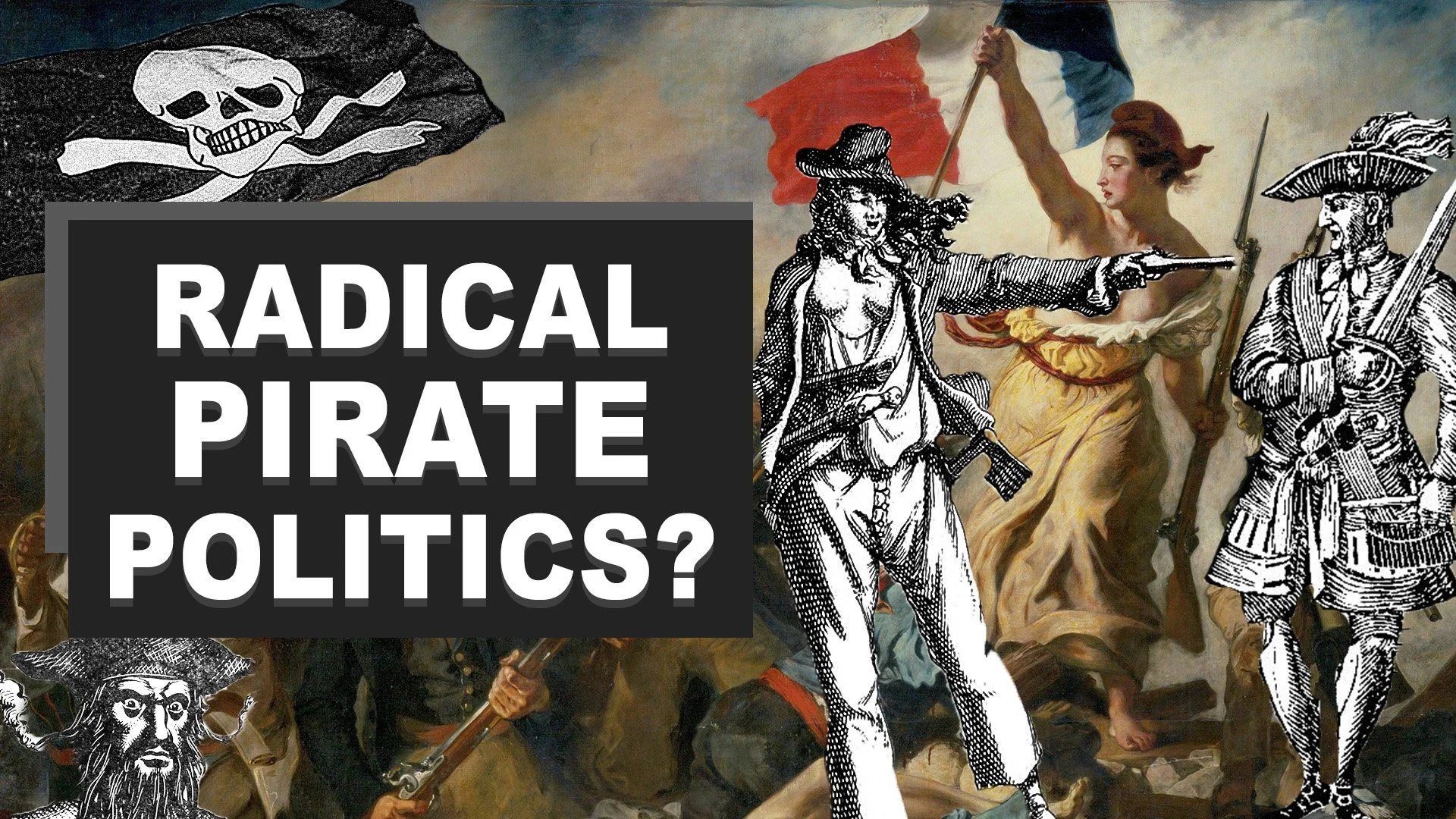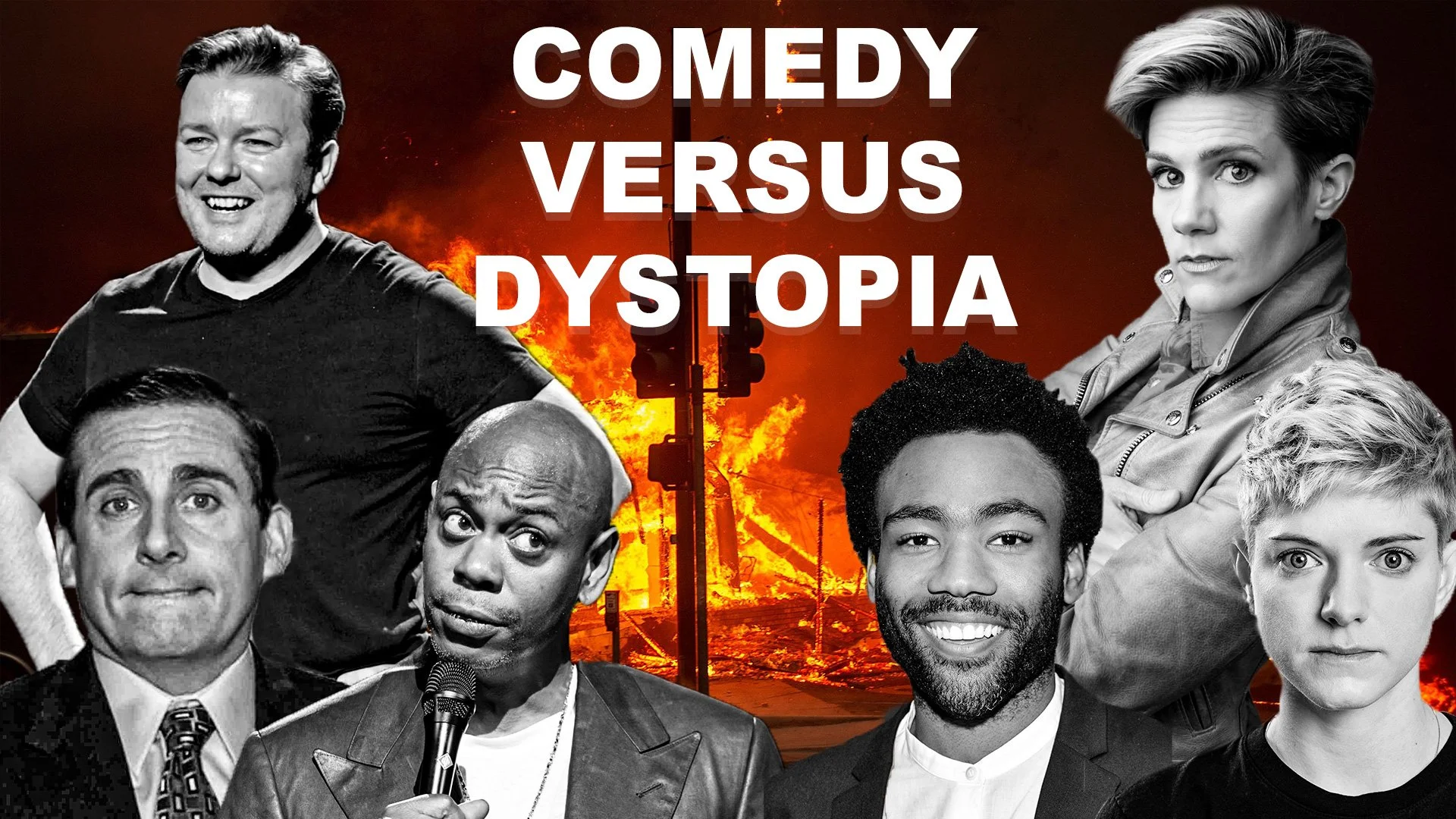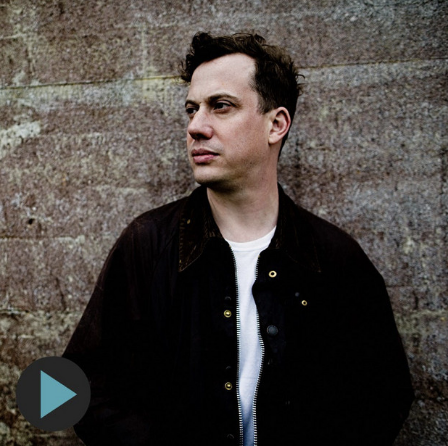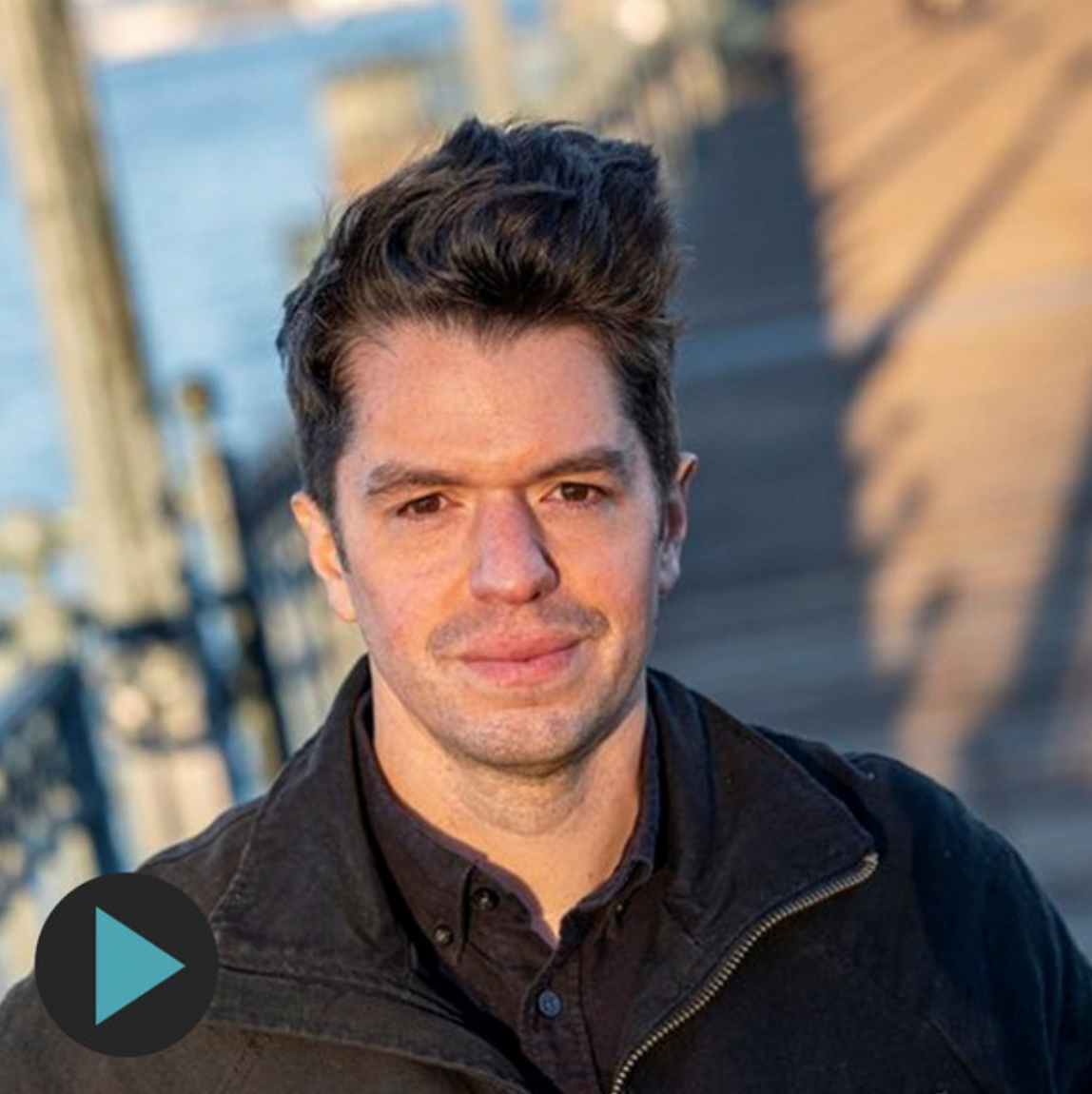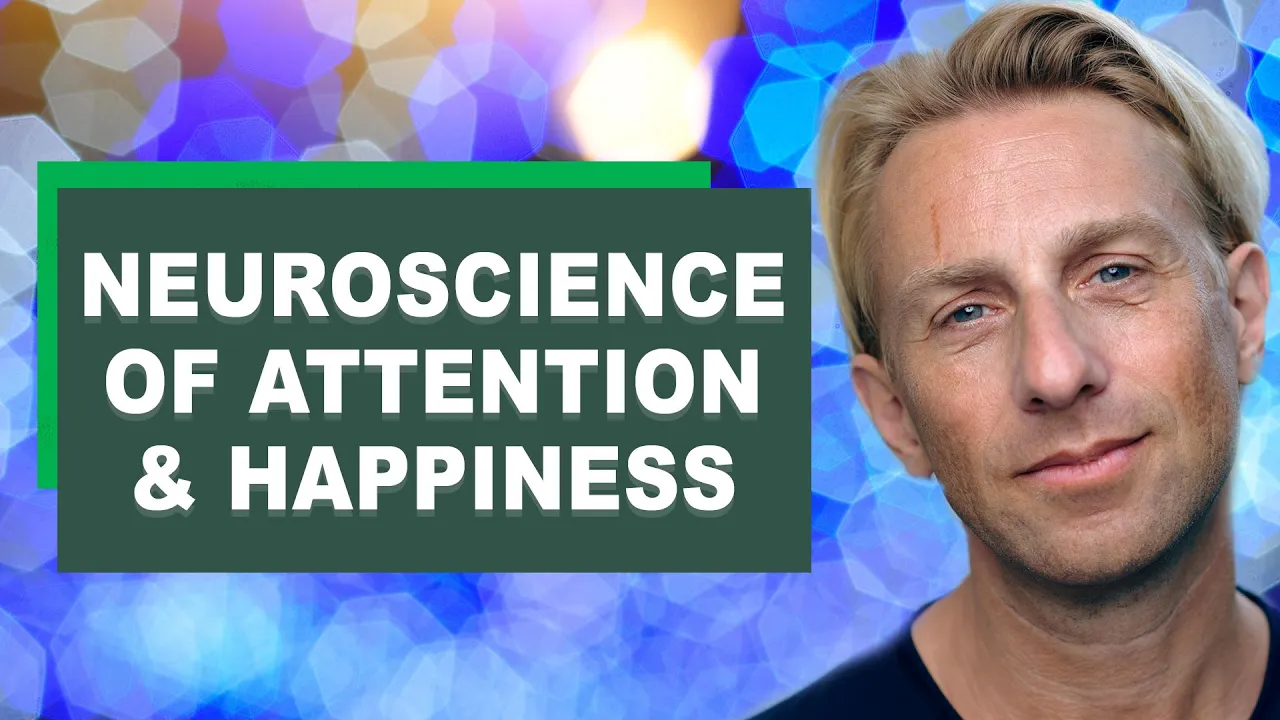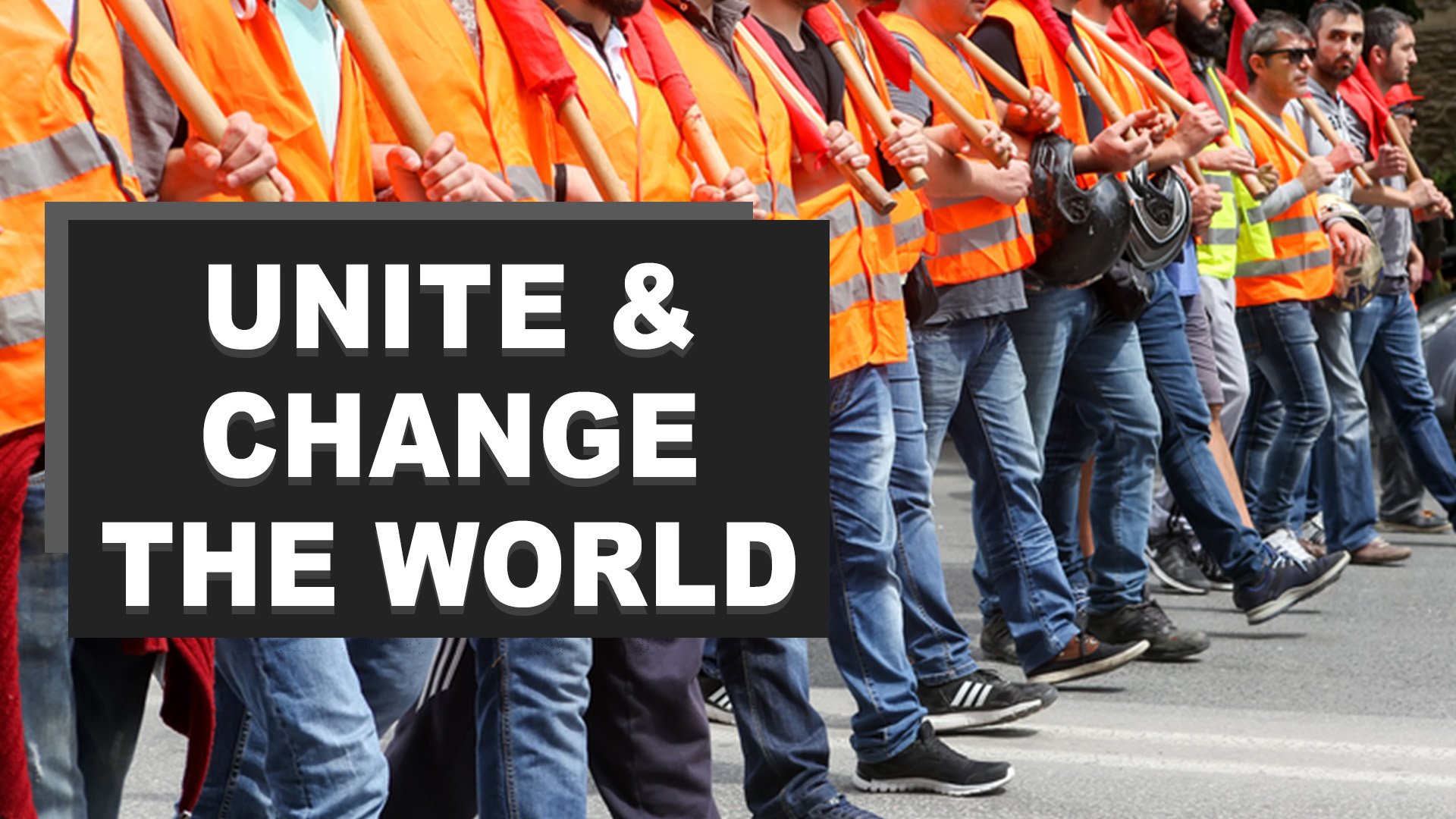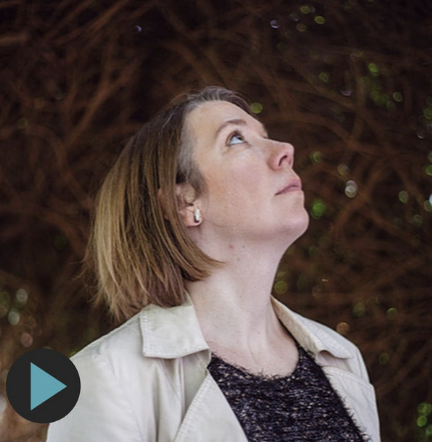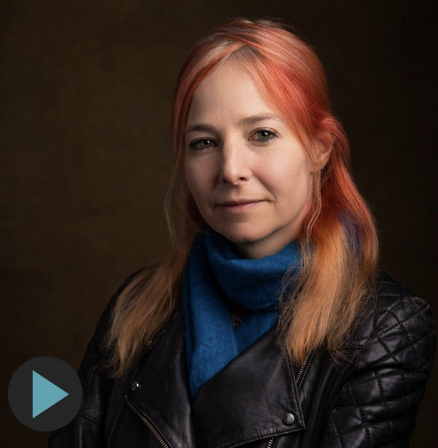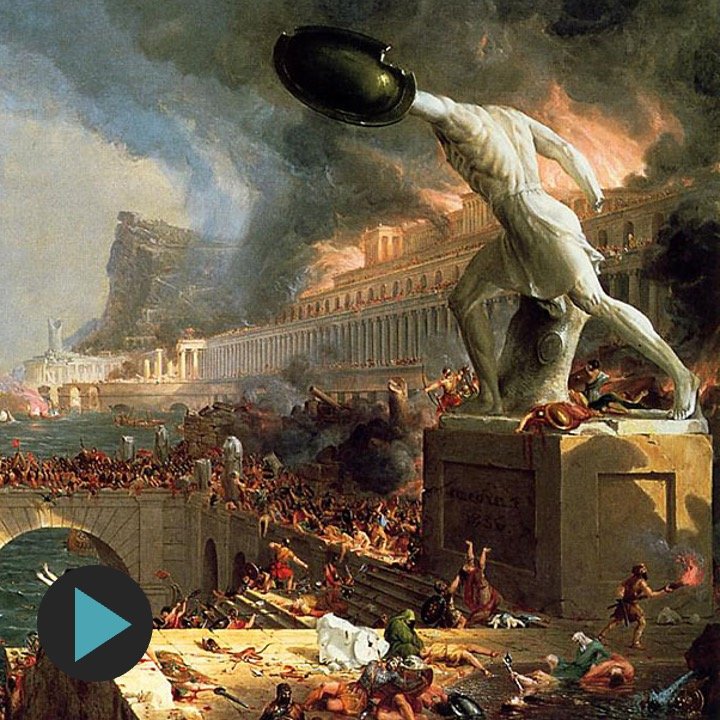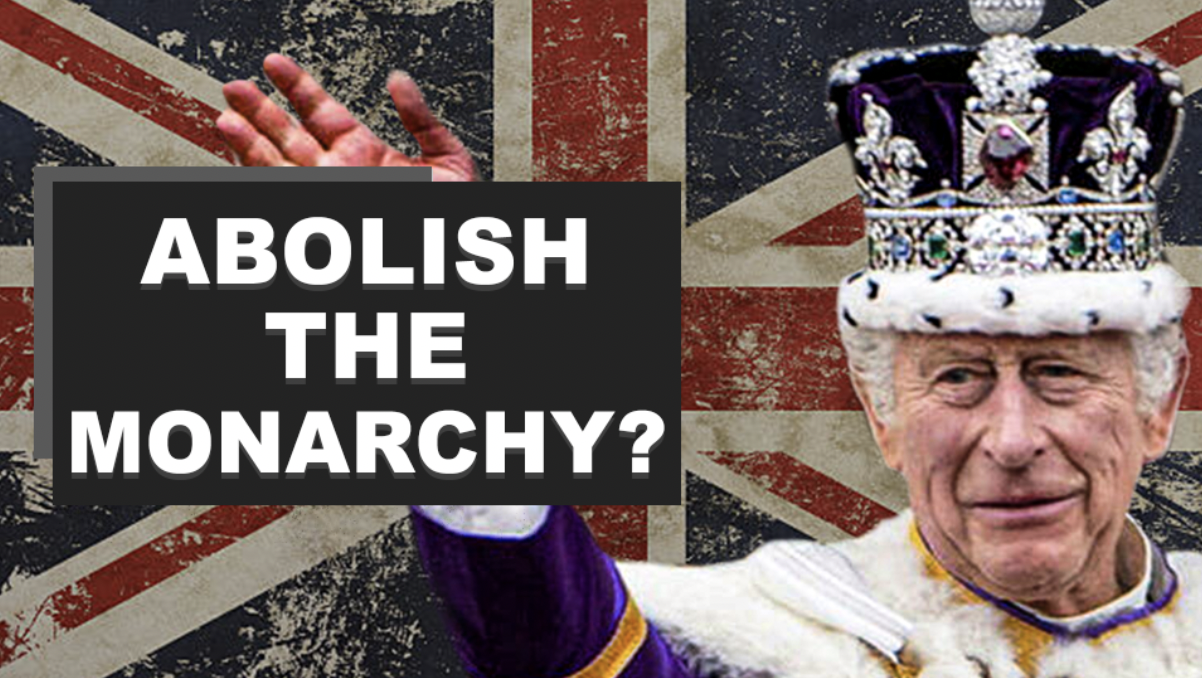Selected Podcast Interviews
Does wellness lead to conspiracies? Conspirituality’s Derek Beres
What is “body fascism”? How can we “build a guru”? And what has yoga got to do with QAnon? “Conspirituality” traces the links between the worlds of conspiracy theories and wellness - follies, frauds, cons and cults that dominate the New Age and wellness spheres. In this conversation, Derek Beres helps us recognize wellness grifts, engage with loved ones who've fallen under the influence, and counter lies and distortions with insight and empathy.
Ian Garner – The Z Generation and the Young Face of Russian Fascism
It’s taken for granted that Gen-Z is progressive, multinational and cynical: Putin’s Russia provides terrifying evidence of the opposite. A bright-faced Instagram “momfluencer” posing next to an Orthodox church; a strapping young gymnast flexing his new “Z” bicep tattoo; a teenage girl dancing in camo fatigues on TikTok. Welcome to wartime Russia. In conversation with Luke Naylor-Perrott, Ian Garner explores this blend of performative rage, nationalist untruth, and apocalyptic ferver that is seizing tomorrow’s Russians.
Alexa Hagerty - Genocide, Forensics, and What Remains
Bones can reveal brutality, beauty, trauma, and love – Alexa Hagerty used them to reveal the truth. As an anthropologist, Alexa spent years working with forensic teams and victims’ families to investigate crimes against humanity in Latin America. In this beautiful and deeply personal conversation with Luke Naylor-Perrott, she explores what science can tell us about atrocities and resistance, grief and care, ritual and justice.
Caroline Dodds Pennock - How Indigenous Americans Discovered Europe
Our guest on this episode, Caroline Dodds Pennock, is the UK's only Aztec historian. Countless books have been written about Europeans in the Americas in the age of Discovery but Caroline's new book On Savage Shores is the first to tell the story of the tens of thousands of indigenous Americans who came to Europe: as enslaved people, diplomats, explorers, servants and traders. She sat down with Luke Naylor-Perrott to tell us more.
Thomas Williams - Lost Realms: An Epic New History of Britain from the Romans to the Vikings
As Tolkien knew, Britain in the ‘Dark Ages’ was an untidy mosaic of kingdoms – an age of saints and gods and miracles, of giants and battles and the ruin of cities. Leading historian Thomas Williams explores those lands and peoples who fell by the wayside: the lost realms of early medieval Britain. From the Scottish Highlands to the Cornish coastline, from the Welsh borders to the Thames Estuary, he will uncover the forgotten life and untimely demise of realms that hover in the twilight between history and fable.
Otto English - Fake Heroes: Ten False Icons and How they Altered the Course of History
From Che Guevara to JFK, Mother Theresa to Coco Chanel, Otto English is here to expose ten of the greatest liars in history and reveal what they were trying to hide. Whether it’s virtuous leaders in just wars, martyrs sacrificing all for a cause, or innovators changing the world for the better, down the centuries supposedly great men and women have risen to become household names, saints and heroes. But just how deserving are they of their reputations?
The Radical Politics of Pirates | Professor Marcus Rediker
We’ve been taught to see pirates as a greedy, violent and senseless bunch - interested only in blood and gold. Nothing could be further from the truth. Professor Marcus Rediker prefers to use words like egalitarian, multinational, democratic, feminist, principled. Flying under the Jolly Roger - “The Banner of King Death” - they dared to forge a new world, disrupt the horrors of slavery, and live free; standing on the gallows, they stood with their heads held high. This is the true, radical story of pirates.
Madeline Lane-McKinley – The Utopian Power of Comedy
Work is a joke. Laughing at it is political. Join Professor Madeline Lane-Mckinley for a journey into the dystopian – and utopian – power of comedy. For Walter Benjamin, laughter was “the most revolutionary emotion.” As society comes closer to collapse, and work becomes more of a hellscape, Luke Naylor-Perrott asks Professor Madeline Lane-Mckinley: why should we champion killjoys; what is so nasty about the “jokester” archetype; which workplace TV programmes are truly revolutionary; and how can comedy create a utopian future?
Luke Turner - Men at War
Lying in bed beneath toy Spitfires and Lancaster Bombers suspended from his ceiling, Luke Turner spent his childhood idolising the men who once sat in their cockpits Now, as an adult, he interrogates the masculine identities and sexualities that are often erased from WWII narratives: from ‘Tankfest’ and ‘Garden Centre Nationalism’, to gay fighter pilots and Captain Tom’s self-love sessions – in conversation with Luke Naylor-Perrott.
Harry Sidebottom - The Mad Emperor Heliogabalus
The teenage emperor Heliogabalus was a polyamorous, sex positive, trans person who began life as a refugee; he was also a profiligate, irresponsible, bloodthirsty, fundementalist tyrant who built a gold statue of himself and murdered his own tutor. In this episode, we explore the decadence of the Roman empire through the lens of the life of an almost forgotten, remarkable young man and ask whether it is ever right to make heroes or villains from historical actors.
Mark Bergen – Inside YouTube’s Chaotic Rise to Global Domination
YouTube rarely receives the same negative attention as Facebook, Twitter, and its parent company Google. But alongside the cat videos and video game streamers, countless extremists have found a found on the platform – and their actions sometimes have real-world, life-and-death consequences. Bloomberg News journalist Mark Bergen tells the story of YouTube: how it upended traditional media, created stars of everyday people, and grew into a ruthless advertising conglomerate with little regard for its impact beyond the bottom line.
Dr Anders Hansen - The Attention Fix: How to Focus in a World that Wants to Distract You
In the always-on age of notifications, emails and the news cycle, it’s easy to waste the majority of our days mindlessly scrolling. But according to psychiatric specialist and mental health guru Dr Anders Hansen, being tethered to our devices 24/7 is taking its toll on our mental wellbeing. Sleeplessness, anxiety, depression and burnout are just some of the consequences of feeling digitally overloaded. But what can we do to take back control?
Why You Should Be a Troublemaker at Work | Lydia Hughes & Jamie Woodcock
Do you hate your job? Do you feel powerless at work? Does the future feel bleak? In response to these needs, there has been an explosion of organising among workers many assumed to be unorganisable, from delivery drivers in London to tech employees in Silicon Valley, Bolivian water activists to Indian sewage workers - troublemakers, all. In this conversation, Lydia Hughes and Jamie Woodcock dismantle assumptions about labour organising, showing how we can all change the world, starting at work.
Eduardo J. Gómez – The Nefarious Tactics of Fast-Food Companies
Join public health expert Prof. Eduardo J. Gómez to discover why fast-food industries thrive in the emerging world. A pressing public health paradox has emerged in some developing nations. Despite government commitment to reducing obesity and type 2 diabetes, sugary beverage and fast-food industries are thriving: marketing products to children and poorer communities, infiltrating NGOs, and lobbying politicians. Professor Eduardo J. Gómez sits down with Luke Naylor-Perrott to detail the extent of these tactics.
Eleanor Janega – Going Medieval on Women’s Roles in Society
Why did the ideal medieval woman have a pot belly and small feet? Which days of the week was sex permitted? Why did the transgender sex workers of London steal men’s clothes? Join Eleanor Janega and Luke Naylor-Perrott for a very NSFW episode of the podcast and find out. A hilarious and thought-provoking podcast looking at sex, gender, and misogyny in the Middle Ages – with medieval pick-up artists, beauty tips based on the Bible, and much else besides.
Alice Roberts - Buried
Alice Roberts combines scientific and historical insights to determine who we are and where we came from. She joins us to shed fresh light on how Britons lived in the so-called Dark Ages by examining the stories of the dead. What did people think about mortality? How did they feel about loss? What did they believe came after death? Find out in this in-depth exploration of Buried, her new history of Britain in the first millennium.
Professor Peter Heather – Will the West Fall Like Rome?
Is the West doomed to be the next Roman Empire? Can we learn something from its fall? Medieval historian Peter Heather thinks we can – and must. What can we learn about the decline of the west from the fall of the roman empire? Was decline inevitable for Rome and is it inevitable for the US too? Historian Peter Heather is the co-author of Why Empires Fall, a new book exploring the parallels between the 5th century and the 21st. He joins us to explore what new lessons we can learn from ancient history.
Graham Smith - Why Should We Abolish the Monarchy?
Can we be a truly democratic and egalitarian country with an unelected head of state? Arrested and detained for protesting against the coronation of the King, Republic CEO Graham Smith is unwilling to accept the moral compromise that comes with monarchy, from the erosion of the principle of equality to the secret interference in our laws. He believes that true democracy is within our reach; and in this livestream event, he will show us how we can achieve it.
